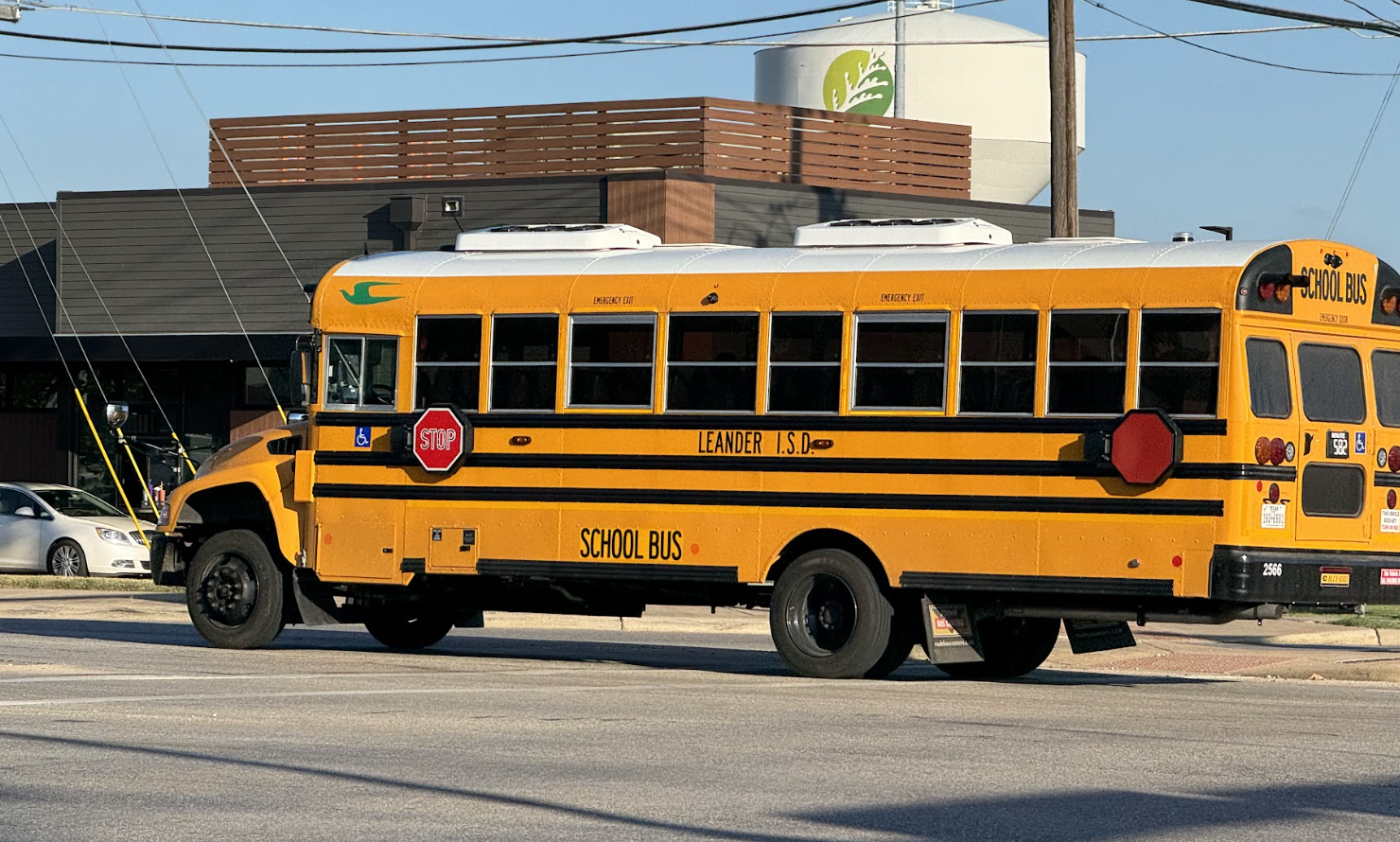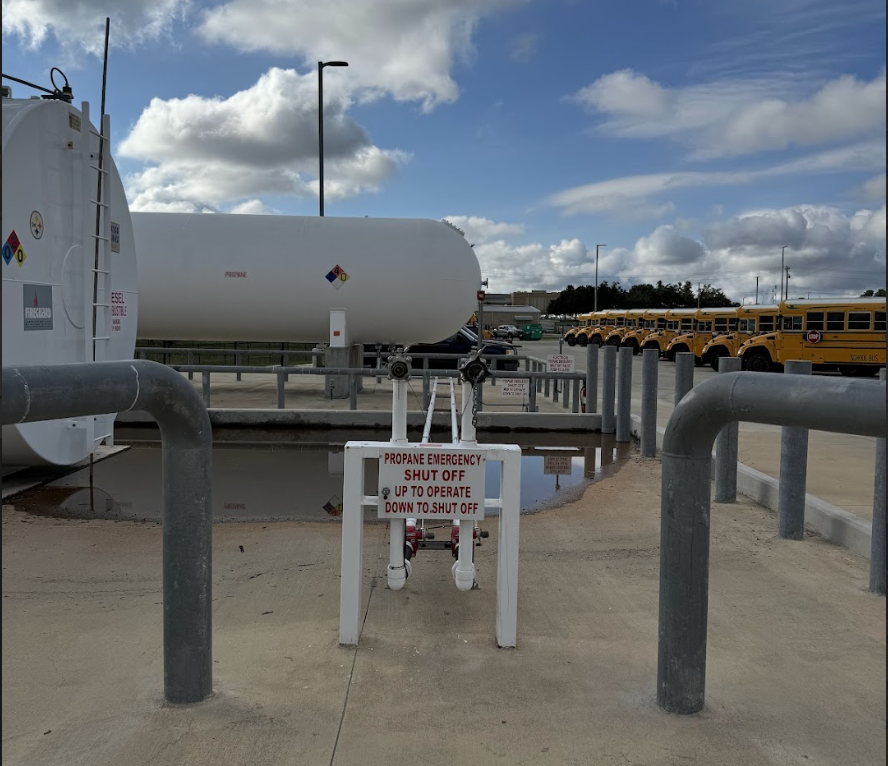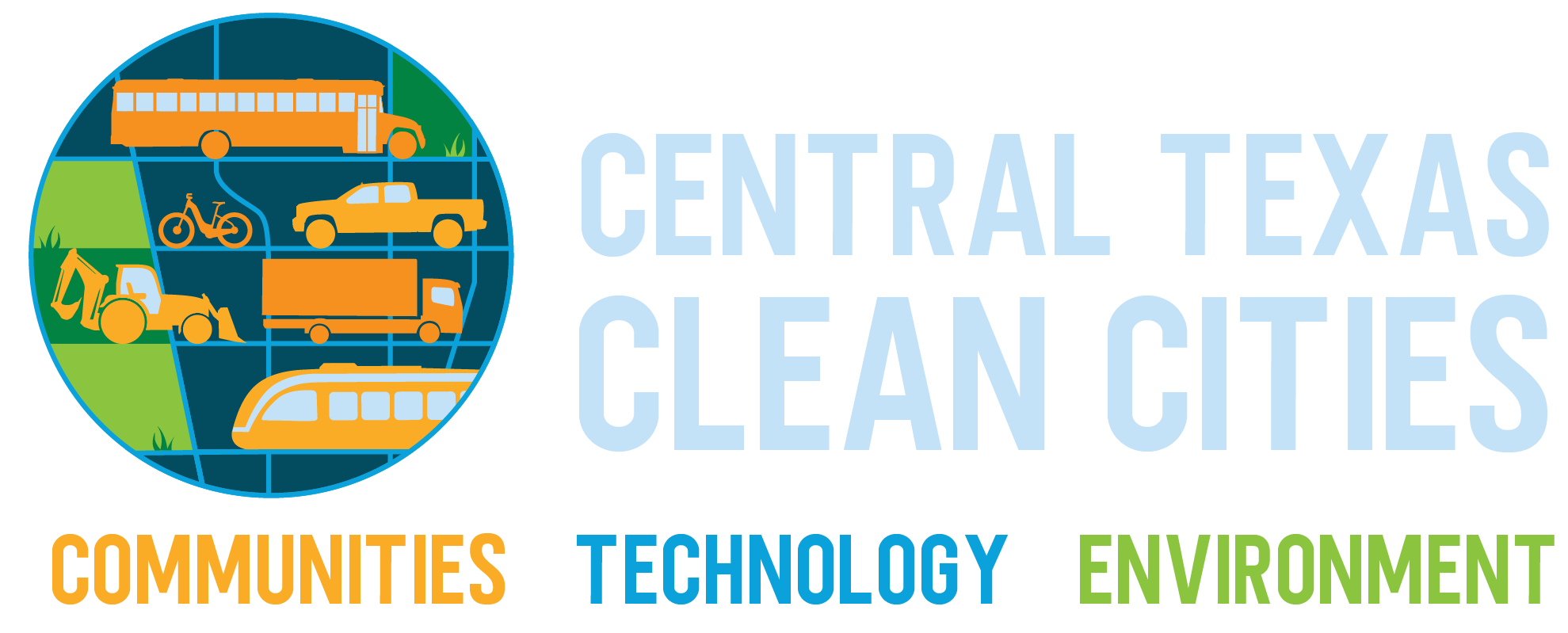

Leander Independent School District (LISD) is leading the charge in sustainable school transportation with the largest propane bus fleet in Central Texas. With 181 propane buses already on the road and more on the way, Leander ISD is proving that eco-friendly initiatives can go hand-in-hand with efficiency and cost-effectiveness. The transportation department’s commitment to sustainability is set to grow even stronger as they plan to purchase an additional 30 propane buses through the district’s bond funding and will receive additional funding from the Texas Emissions Reduction Plan (TERP)’ Texas Clean Bus Program. This award will provide funding for four more propane buses, pushing Leander ISD closer to its goal of operating all 165 routes with propane-fueled buses.
Currently, 160 out of 165 routes in the district are powered by propane buses, a testament to Leander ISD’s dedication to reducing its environmental footprint. The district still maintains a few diesel buses for longer out-of-town trips of fueling. Still, they’re constantly evaluating routes using the U.S. Department of Energy’s Alternative Fuel Station Locator to maximize the use of propane across their fleet. With the new buses on the horizon, Leander ISD plans to have all 165 routes running on propane, by next year marking a significant milestone in their sustainability journey.
This journey hasn’t been without its challenges. Tracie Franco, the Senior Director of Transportation, and Billy Jackson, the Vehicle Maintenance Supervisor, have been at the forefront of this initiative, building on the legacy of Kirby Cambell, who first introduced propane buses to the district in 2009. Since fully committing to propane in 2012, one of the main hurdles they’ve encountered is overcoming the initial apprehension of first-year drivers unfamiliar with propane-fueled buses. However, with proper training and support, these concerns have been addressed, allowing the benefits of propane to shine through.
Billy Jackson proudly shares that using propane is an “efficient use of taxpayers’ dollars.” Thanks to grants and natural gas rebates, the cost of a new propane bus can be up to 50% less than a diesel bus. Additionally, operating propane buses is more economical, costing 30 to 50 percent less per mile than diesel buses. But the advantages don’t stop at cost savings. Propane buses also offer significant health benefits, including a lower carbon footprint and reduced exposure to particulate matter, which is especially beneficial for student respiratory health.
Safety and student well-being are at the heart of Leander ISD’s transportation strategy. The district currently operates out of two facilities equipped with large propane fueling stations—a 15,000-gallon tank at one location and a 12,000-gallon tank at the other. As they look to the future, plans for a third facility are already underway. This new site will be pre-wired for electric buses, a forward-thinking move that’s 4-6 times less expensive when done during construction rather than as a retrofit for EV charging.

While electric vehicles (EVs) are on the horizon, Tracie and Billy believe that transitioning to propane is the best step for now. Propane buses not only offer immediate health benefits for students but also serve as a vital stepping stone toward eventually achieving a zero-emission fleet. Leander ISD’s thoughtful approach ensures they’re not just driving buses—they’re driving change.

As Leander ISD continues to expand its propane fleet, it sets an example for other school districts across the state and the nation. Their commitment to sustainability, cost-efficiency, and innovation is not just about reducing emissions—it’s about creating a better future for students and the community. With every new propane bus that hits the road, Leander ISD is driving towards a cleaner, greener future.

On August 16th, 2024 we attended the Smart Mobility AI Symposium at The University of Texas at Austin! It was an incredible experience to meet UT Austin Students who are excited to be discussing the future of EV charging, infrastructure, and its evolving applications over time.
A special shoutout to Joseph Barletta from Smart Charge America, founder of eCab and board member Chris Nielsen, and our Director Elizabeth Munger for their insight and overview of Electric Vehicles and EV infrastructure. Huihai Wang– thank you for the Invitation!
For the first time, our director shared our new logo for the first time in person, as we changed our name to Central Texas Clean Cities on August 30th.
Takeaways from the Symposium:
🔋 Public Charging Stations help expand the EV Infrastructure, having a ratio like Joseph’s 90/10 RULE (90% of charging happens at home/10% of charging happens in Public) allows municipalities to have a goal for how many public charging stations they should invest in to install based on their EV adoption rates.
🚛 The Future of Fueling Stations
As new and cleaner technologies emerge for medium and heavy-duty vehicles, Traditional Gas Stations and Truck Depots will begin to evolve to have more fueling options like DC-Fast Chargers, CNG, E-85, and Hydrogen as fueling options.
🚙 New Emerging Technologies will allow for more -close-to-fully AI-operated vehicles but overcoming some of the challenges surrounding safety tends to be caused by human behavior rather than technology errors.🚶♂️
💡The future of AI Vehicles may be possible!
However, we must always learn to walk before we can run! Electric Vehicles may be the key to having fully automated vehicles but EV technologies still need time to evolve. Who will be fueling the AI-operated vehicles? At the moment, it is not cost-effective for EVs to use wireless charging but as technology continues to evolve, will fully AI-operated vehicles become a reality?

Tighter Air Pollution Restrictions put Travis County at Risk of Nonattainment by Chikage Windler
Summary: Tighter air pollution restrictions from the Environmental Protection Agency (EPA) are putting Travis County at risk of being classified as “nonattainment,” meaning it could fail to meet federal air quality standards. The county’s average particulate matter levels from 2020-2022 exceed the new limits. This designation could lead to stricter regulations and possible economic consequences for the region. Local authorities are monitoring the situation closely to address potential impacts and ensure compliance with the updated standards. Read full story here.

Stay up to date with Air Quality Alerts from Air Central Texas when PM2.5 and Ozone are forecast to reach levels unhealthy for sensitive groups via email alerts. They will provide tips on how to reduce exposure to air pollution and how to cut down on your emissions.
Subscribe to our newsletters for the latest updates, events, and insights.


A U.S. Department of Energy designated coalition in the Clean Cities and Communities partnership.